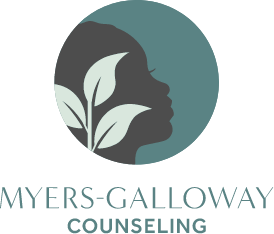Blog Myers-Galloway Counseling
Empowering Black Women through Therapy
Our 2022 (and beyond) Impact on Black Women
At Myers-Galloway Counseling, our mission is to Heal and develop confident Black women, so they can create resilient families. Our vision is to create an environment where mental health conversations become normalized for Black women creating an improved sense of self and healthier family relationships.
Black Women and Vulnerability: How to Ask For What You Need During the Holidays
The holiday season is here, and it can bring up a lot of old (or unresolved) emotional scars. Especially for Black women who experienced adultification and/or parentification during their childhood, reconnecting with family members during this time of year may result in intense family conflict, trigger abandonment issues, fear of rejection or grief. Not to mention, there are always topics that feel off-limits.
What is adultification? Why should it matter to Black women?
When you look at a little Black girl what do you see? How many times have you heard of a little Black girl being referred to as fast? Be honest. Do you see innocence or do you see someone who is sneaky, automatically capable of taking care of herself or even of someone else? Before you answer, it has been found that adults in the United States see little Black girls as less innocent and more adult like than their white peers, especially those ages 5 to 14 years old.
Self Acceptance in the Workplace: How to Navigate Microaggressions by Living Your True Identity
Denise, a top performer in the Marketing department of her Fortune 500 company, is every Manager’s dream. Despite this, there are days when she experiences microaggressions that make her question how she is “seen” at work. Black women maintain their sanity by constantly negating the impact of microaggressions and reminding themselves that they worked hard to get to where they are professionally and deserve to be there.
5 Things That Have Kept Black Women from Seeking Therapy
In the past, African-Americans have not sought therapy. Some may say that there is a specific reason for this, but there are several. The primary belief is that, within the Black community, mental health has historically been considered taboo. Fortunately, in recent years, this long-standing notion regarding the Black community is beginning to change – particularly among Black women.





